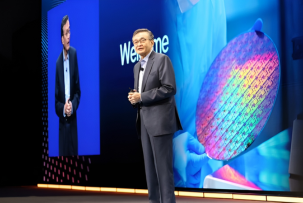South Korea Has Introduced a Supercapacitor Capable of Replacing Li-ion Batteries
15:03, 12.05.2025
Scientists from South Korea have developed a revolutionary supercapacitor capable of becoming a full-fledged replacement for traditional lithium-ion (Li-ion) batteries. The new technology combines instant charging, high power density, and amazing durability — the device is stable even after 100,000 charge-discharge cycles.
Solving the Power Density Problem
A major breakthrough was the use of single-layer carbon nanotubes chemically bonded to the conductive polymer polyaniline. This structure eliminates a key disadvantage of supercapacitors — low energy capacity, which limited their use in electric cars, portable electronics, and drones.
Polyaniline, evenly distributed throughout the nanotube network, effectively stores electrical charge, increasing the capacitance and power of the device. At the same time, it remains inexpensive and easy to process, making the technology easy to scale.
Flexibility and Mass Production
Another advantage of the new development is its high flexibility. The material can be bent and folded, making it ideal for wearable devices and miniaturized electronics. The development of film structures also reduces production costs and makes it easier to launch mass production.
Future Green Alternative
The creators of the project from the Korea Institute of Science and Technology (KIST) and Seoul National University are confident that their technology will be a key element on the road to a zero-carbon society. The new supercapacitors will be used in electric cars, robotics, drones, and consumer electronics.


